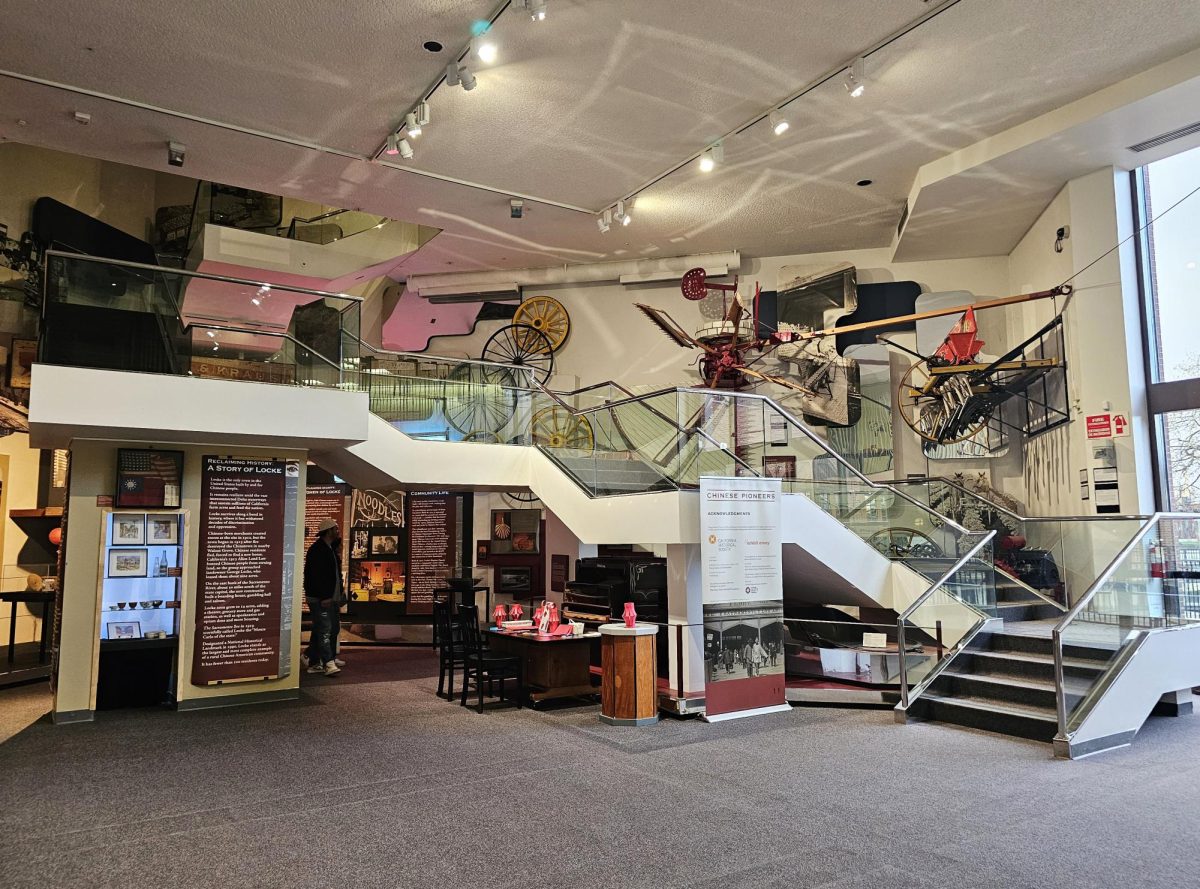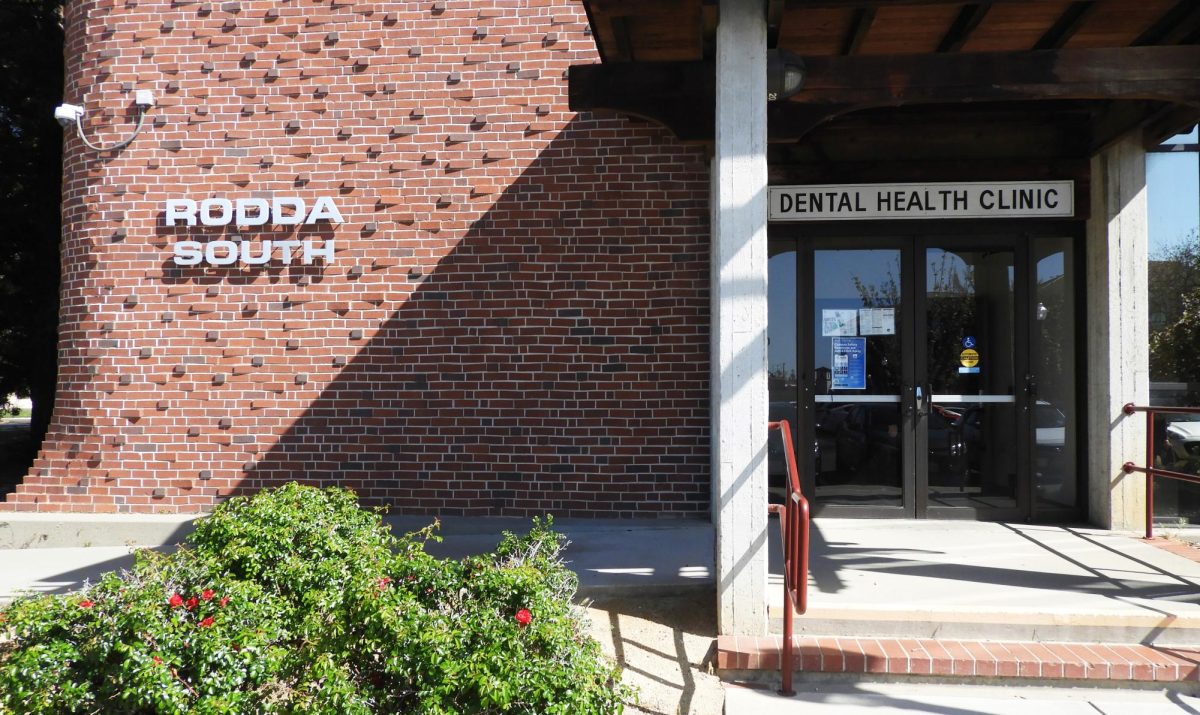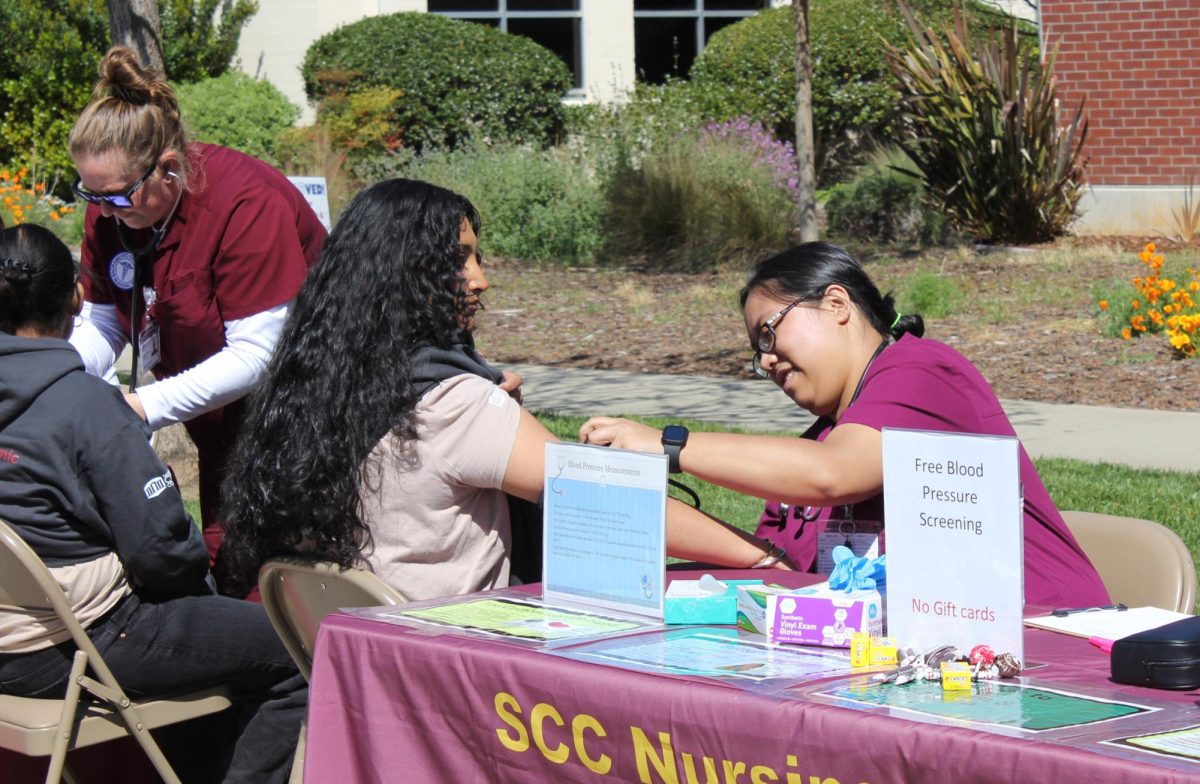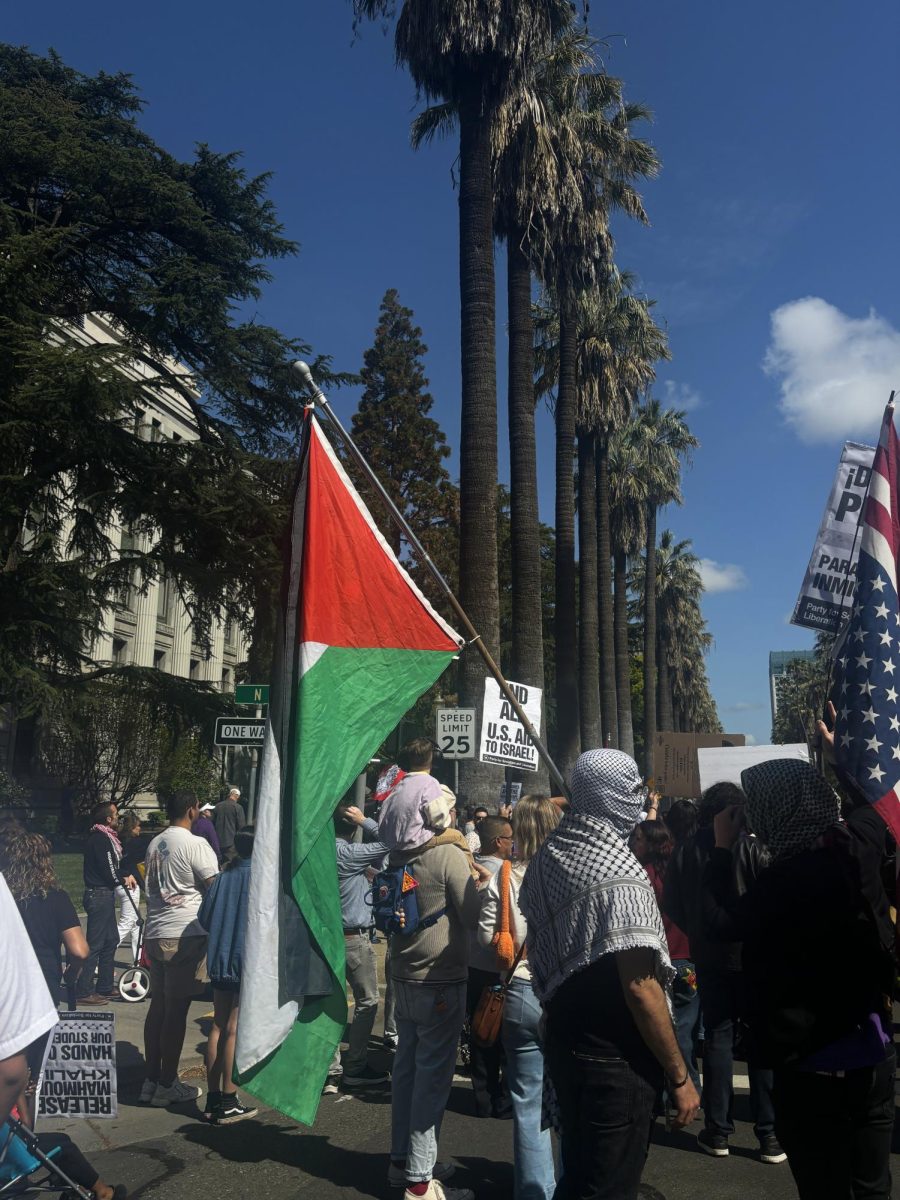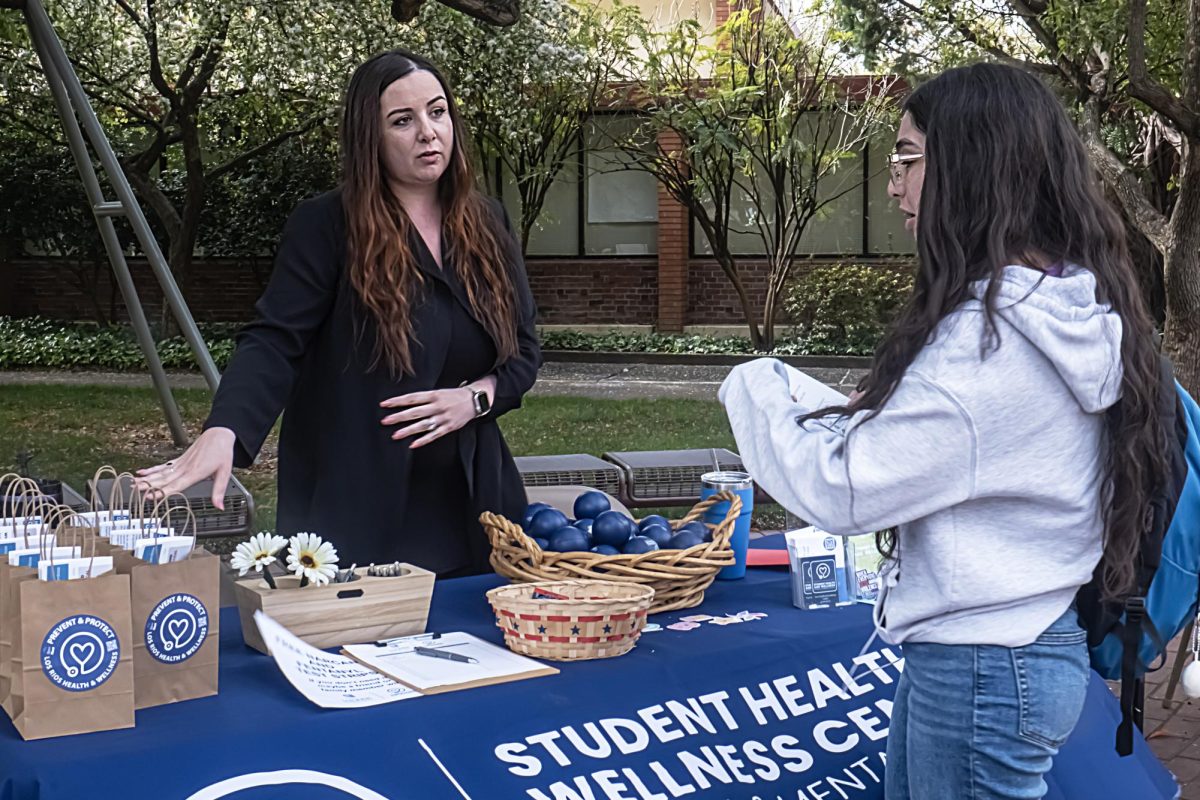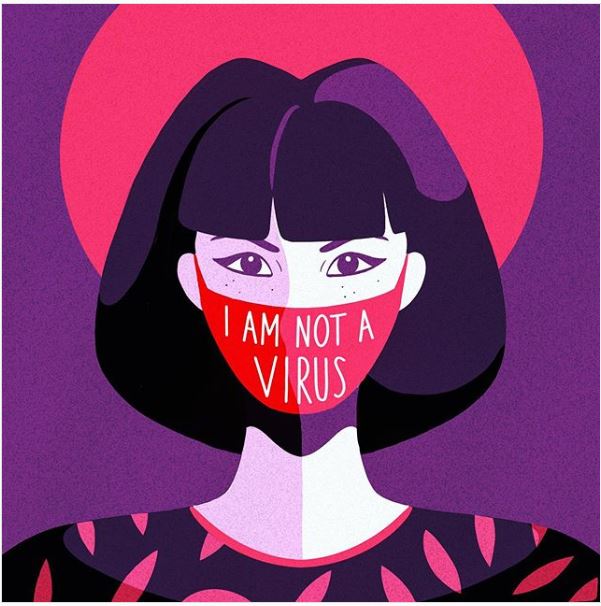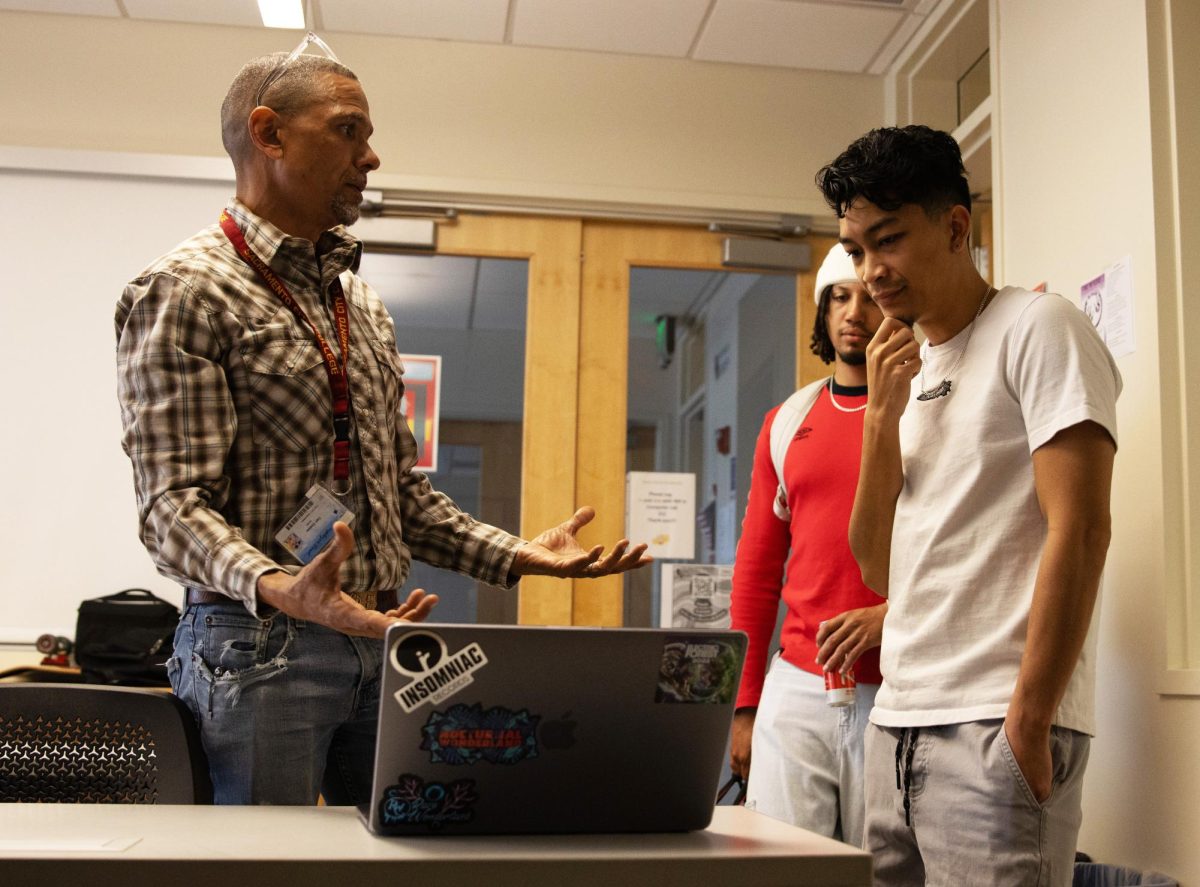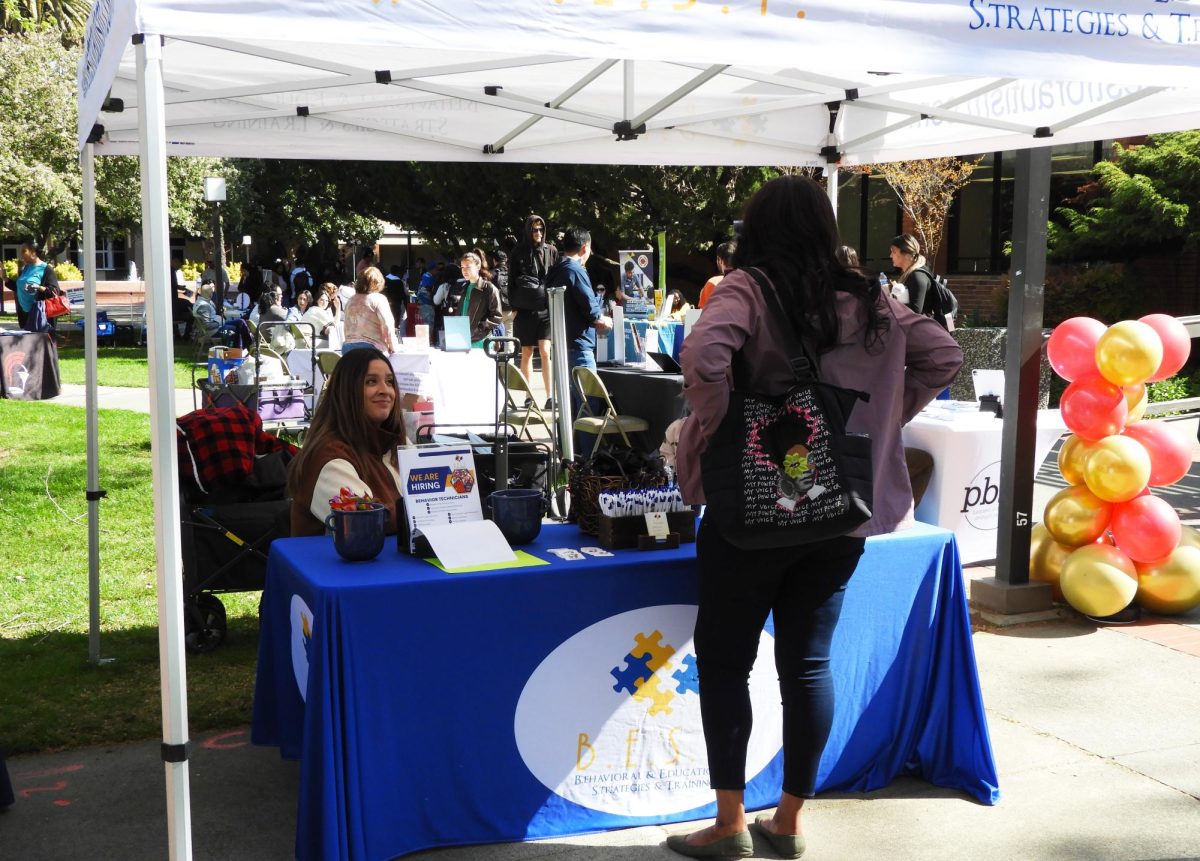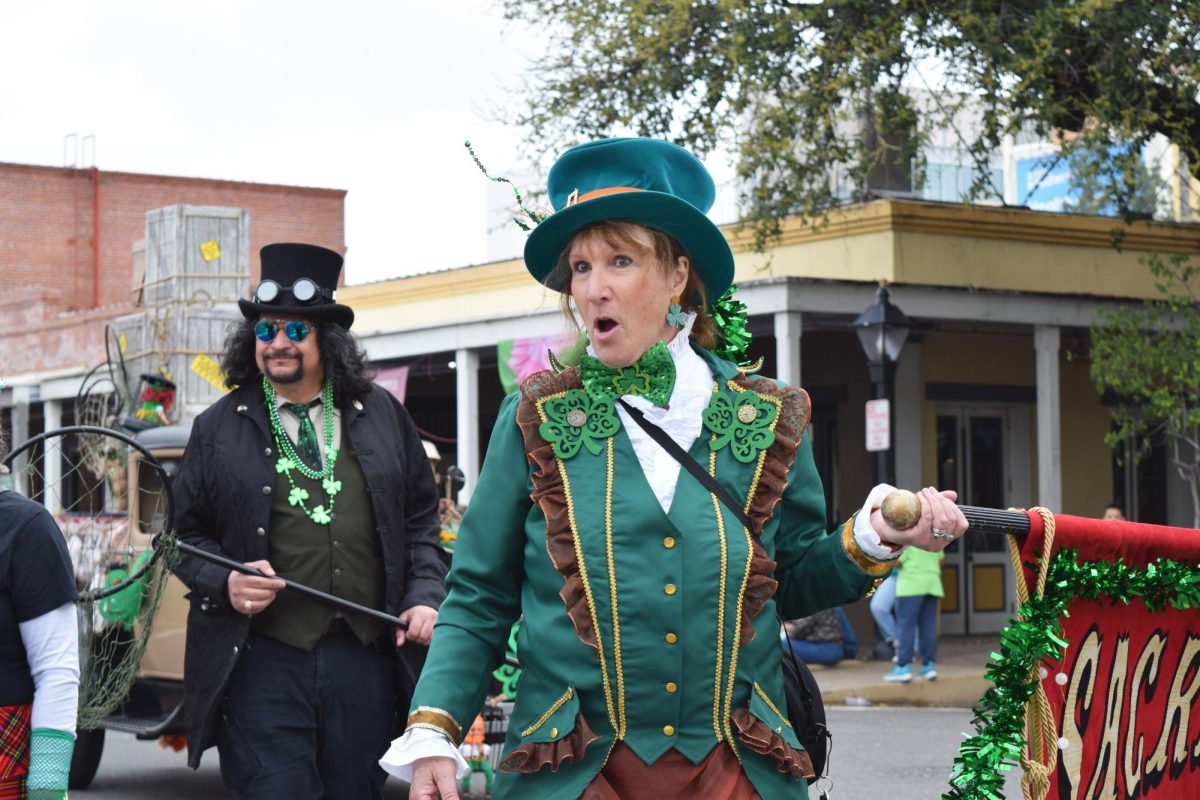Her image is cast remotely via webcam as she shows and describes several news headlines to a group. Valerie Chueh, Folsom Lake College’s Asian Pacific Islander Legacy lead and equity center counselor, addressed a group of 120 students, staff, administrators and faculty. Each article described a shift towards negative stereotyping towards people from the Asian community. According to Chueh’s research, over 1,500 Anti-Asian hate incidents and acts of violence have occurred since mid-March
In response to an increase in racist incidents since the COVID-19 pandemic, the API Legacy group organized an online video forum April 29 to discuss anti-Asian pathogen racism. A lead from the group represented each Los Rios campus and acted as co-hosts of the meeting. Chueh shook her head and commented on the timeline she’d just described.
“That’s a month and a half and there’s a huge burst of first-hand incidents,” said Chueh.
According to their site on Los Rios, API Legacy is an employee resource group. The group acts to support and build a community for Asian American, East Asian, Pacific Islander, South Asian and Southeast Asian employees within the Los Rios Community College District.
Chueh acted as the primary host of the Zoom forum but was assisted by leads from City College, American River College and Cosumnes River College. Jamil Malik, a counselor at City College as well as the API Legacy Lead, talked about hardships that many minority communities are going through during this pandemic.
“We express solidarity with all communities outside of Asian Americans,” said Malik. “We understand that communities of color have been at the front line of negative repercussions since the pandemic.”
While reading an official statement pieced together by the API Legacy group, Chueh said she recognizes the irony of being made to feel foreignized in the Sacramento area.
“In Folsom, research shows that there were Chinese and black laboring communities that came here first with the exception of native tribal communities,” Chueh said. “Folks of color were here first building the mining community and railroads.”
Paolo Soriano, counselor at Cosumnes River College and API Legacy lead, spoke about recent statistics as well as a poll the API Legacy group sent to attendees in advance of the meeting.
“[The poll shows that] half of us probably know someone who’s experiencing this,” said Soriano. “These acts are being perpetuated more because of the term ‘Chinese Virus.’”
One API Legacy lead, who has asked to remain anonymous, said that she sometimes feels unsafe walking in her own neighborhood. She also spoke about the challenge of addressing this topic with her children.
“What’s happening in our community is not appropriate. I have been super protective of my kids. I don’t take them with me in the grocery store. They’ve been playing in the backyard because,” she paused here, softly gasping. “I don’t know. How am I going to explain racism? How am I going to explain hate because of who they are?”
Soriano added, “We’re all experiencing a crisis. I can only imagine being a parent, not being able to address that.”
Malik also spoke about cultural challenges as social distancing prevents gathering with family during times of isolation. Important culture-specific holidays have passed since shelter-in-place orders have been in place.
“API communities practice traditional ceremonies of celebration and during the pandemic, we’re not able to do that in culturally appropriate ways,” he said. “Muslim communities are also facing hardships. With Ramadan passing, not being able to gather and celebrate that.”
Attendees were welcomed to open up and speak about their own anxieties and to share their experiences with anti-Asian racism. Each person who spoke expressed surprise over being faced with the anti-Asian racism they’d encountered in recent weeks. One anonymous student reflected on his vulnerability in the face of acts of hate.
“It really hurts to see that there’s people in this world who constantly just hate,” he said, shrugging his shoulders. “Because of your race? I can’t control that.”
Another anonymous speaker spoke of two incidents that came up in her life recently. She said that her young daughter’s classmates would run away from her and tell her to stay away from them. This speaker also encountered implied racist remarks while shopping.
“I get a reminder that I’m not exempt from the hatred that’s out there,” she said. “We don’t think these things will affect us. I forget that I look a certain way or that people could perceive that about me”
The common theme at the forum was that harassment of the Asian and Pacific Islander community isn’t new, but still comes as a disappointment to those who encounter anti-Asian sentiments, addressed by both Los Rios Chancellor Dr. Brian King and Folsom Lake College President Whitney Yamamura.
“It’s sad that we have to convene to talk about racism both overt and subtle,” Yamamura said. “Being a member of the API community, I wish this forum was unnecessary but we have to call out racism. We have to name it as repugnant. There’s a common element of damage that it causes.”
“It is so ironic that we see so many API people working as first responders and nurses and doctors, yet there’s been this outpouring of hate,” added King. “It’s just unacceptable.”
Students can report incidents to:
- District Office: Peter Khang, DO Equal Opportunity Officer
KhangP@losrios.edu | (916) 568-3063 - City College: Andre V. Coleman, Dean of Campus Interventions
colemaa@scc.losrios.edu | (916) 650-2929
Report any overt anti-Asian incidents or witness (outside of Los Rios campus, virtual or otherwise):
Information on how to intervene as a bystander:

















